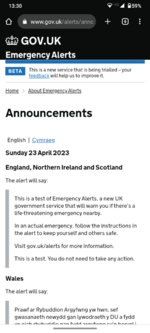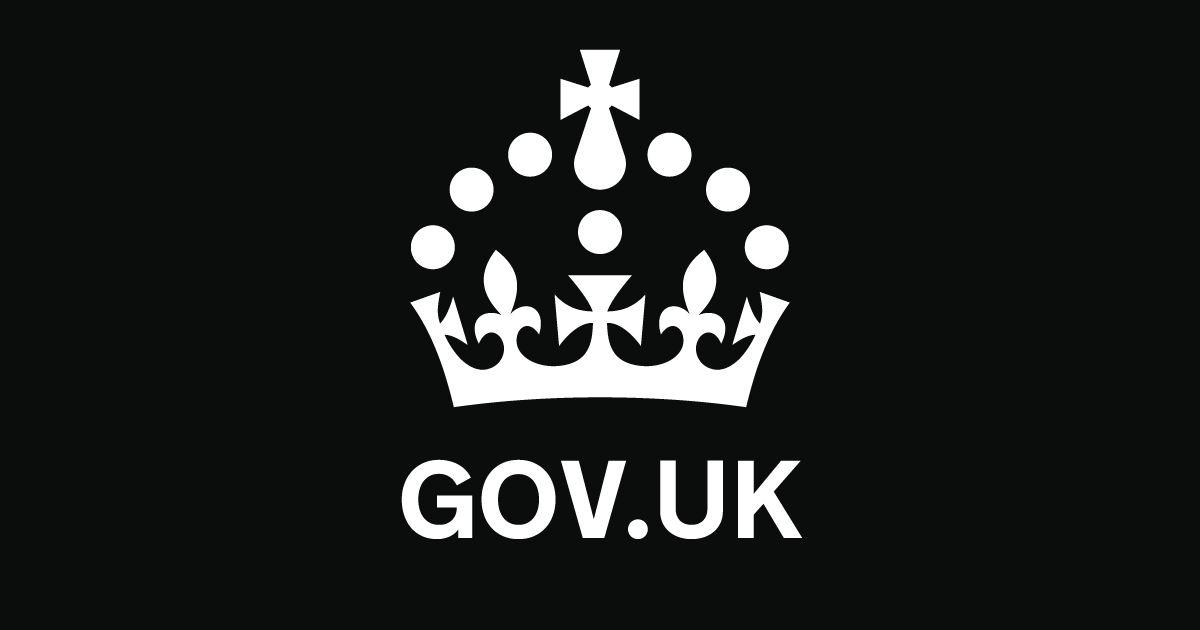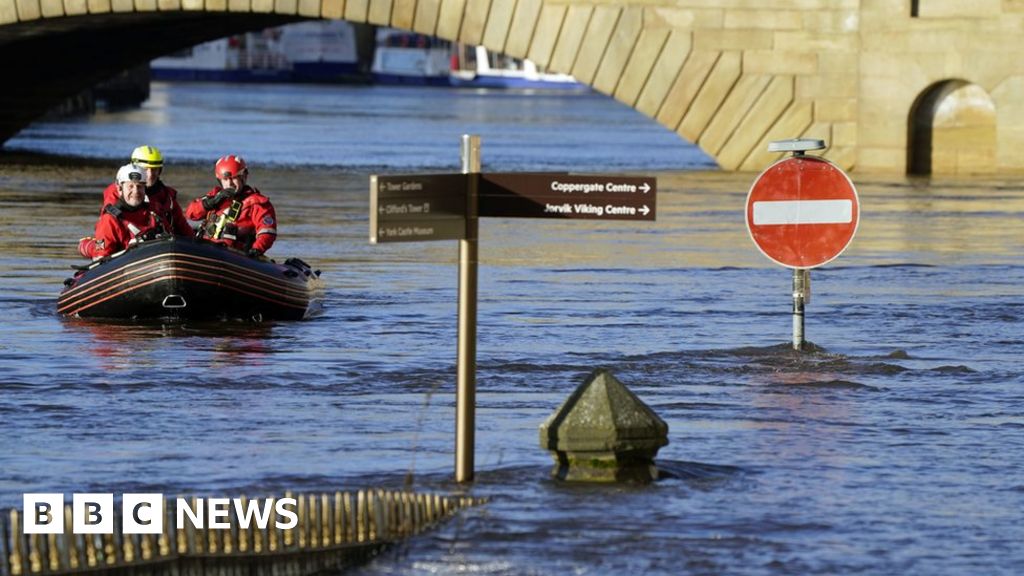Skyscraper
TS Member
- Favourite Ride
- Nemesis
Wasn't sure where to put this, but in the early evening of Sunday 23rd April the Government will be doing a national test of the emergency alerts system.

All the information about the system is on the website;

 www.gov.uk
www.gov.uk

This video shows what alerts will sound like;
From: https://youtu.be/9yLd2AjGzYI

All the information about the system is on the website;

About Emergency Alerts
Your mobile phone or tablet may get an emergency alert if there’s a danger to life nearby. Alerts tell you what to do to stay safe.
Public emergency alerts to be sent to all UK mobile phones
A siren-like alert will be sent to mobile phone users across the UK next month to test a new government public warning system.
It allows the government and emergency services to send urgent messages warning the public of life-threatening situations like flooding or wildfires.
The test is expected to take place in the early evening of 23 April.
Phone users will have to acknowledge the alert before they can use other features on their devices.
A message will appear on the home screens of people's devices during the test, with vibration and a loud warning sound that will ring for about 10 seconds, even if the phone is set to silent.
The system - which became operational on Sunday - is being modelled on similar schemes used in the US, Canada, Japan and The Netherlands.
Messages would only ever come from the government or emergency services and will initially focus on the most serious weather-related events, with the ability to get a message to 90% of mobile users within the relevant area.
Terror alerts could be added to the list of potential events that would trigger a notification.
The messages will include details of the area impacted and instructions about how to respond. They will only be sent where there is an immediate risk to life and many people may not receive an alert for months or years.
Cabinet minister Oliver Dowden told the BBC the warnings are sent in a "very targeted way" and other than the test, he hopes many people will never hear the alert again.
People can opt out by searching their device settings for emergency alerts and then turning off severe and extreme ones. Officials say the alerts could be life-saving, though, advising against switching them off.
Alerts 'can save a life'
The Cabinet Office says the service will be secure, free to receive and will not collect personal information such as someone's telephone number, identity or location.
The new system uses cell broadcasting technology and messages will be based on someone's current location - but location services do not need to be switched on to receive the alerts.
That is because when an alert is triggered, all cell towers in a defined area will broadcast it, allowing the message to reach an area the size of an electoral ward.
The government has released a video of what the alerts will sound like.
Trials have already been held in Reading and East Suffolk. People will also be alerted if they are in one of 19 other countries which currently use them.
Mr Dowden, whose role as Chancellor of the Duchy of Lancaster gives him oversight of the preparation and planning for emergencies, said the technology would "revolutionise our ability to warn and inform people who are in immediate danger".
And he told the BBC's Sunday with Laura Kuenssberg programme the alert is "a sound that can save your life".
He said people are likely to hear the alert in instances where there has been a major flood and "your house was at risk of being inundated and your life is at risk".
National Fire Chiefs Council chairman Mark Hardingham said the new system would help fire and rescue services to do their jobs "and to help communities in the event of emergencies".
He said: "We've seen this type of system in action elsewhere across the world and we look forward to having the facility here in the UK - by working together with fire services and partners, we want this system to help us to help you be as safe as you can if a crisis does hit."
The Environment Agency's Caroline Douglas, executive director for flood and coastal erosion risk management, said the system would allow officials to communicate warnings in a "timely and accurate manner".

Public emergency alerts to be sent to all UK smartphones
The government will send people loud, siren-like warnings to alert them when there is a risk to life.
www.bbc.co.uk
This video shows what alerts will sound like;
From: https://youtu.be/9yLd2AjGzYI
Last edited:

